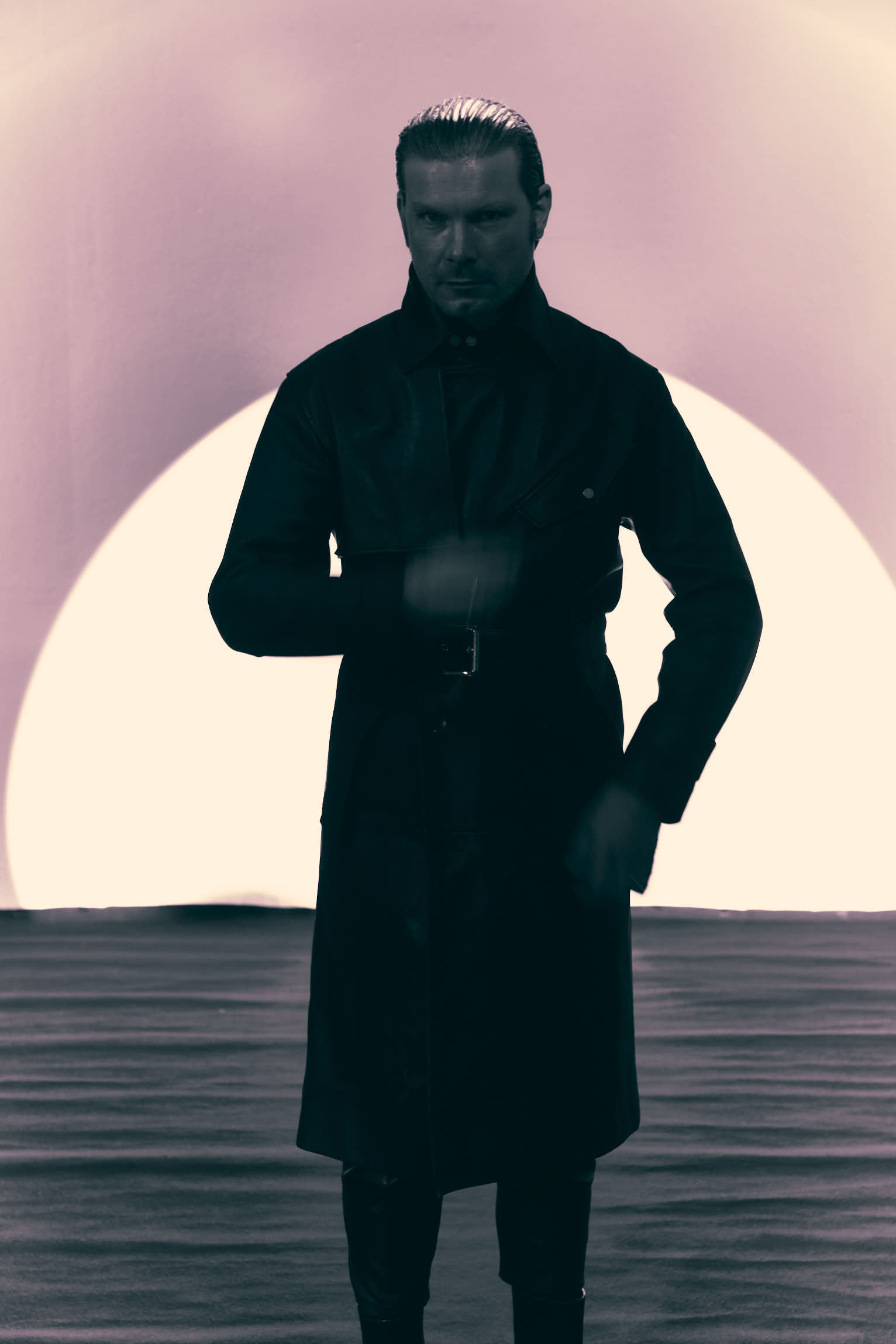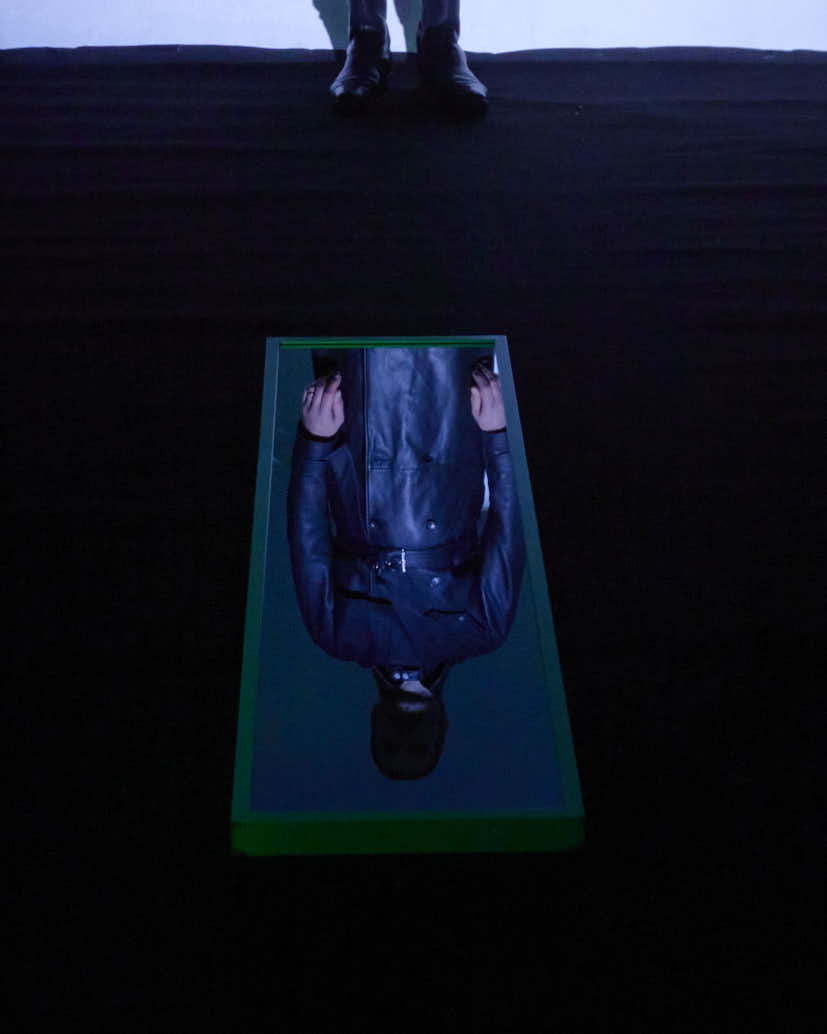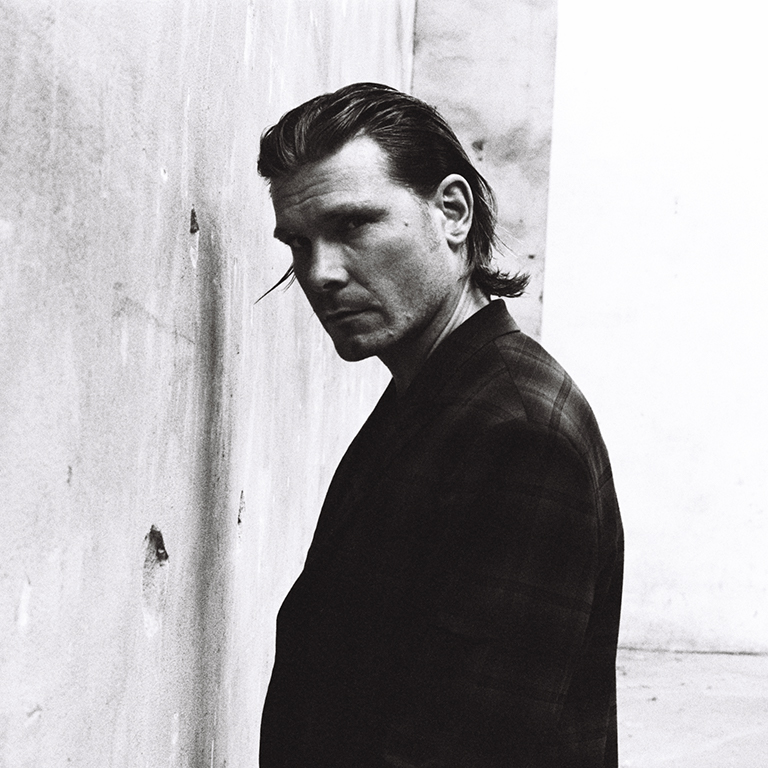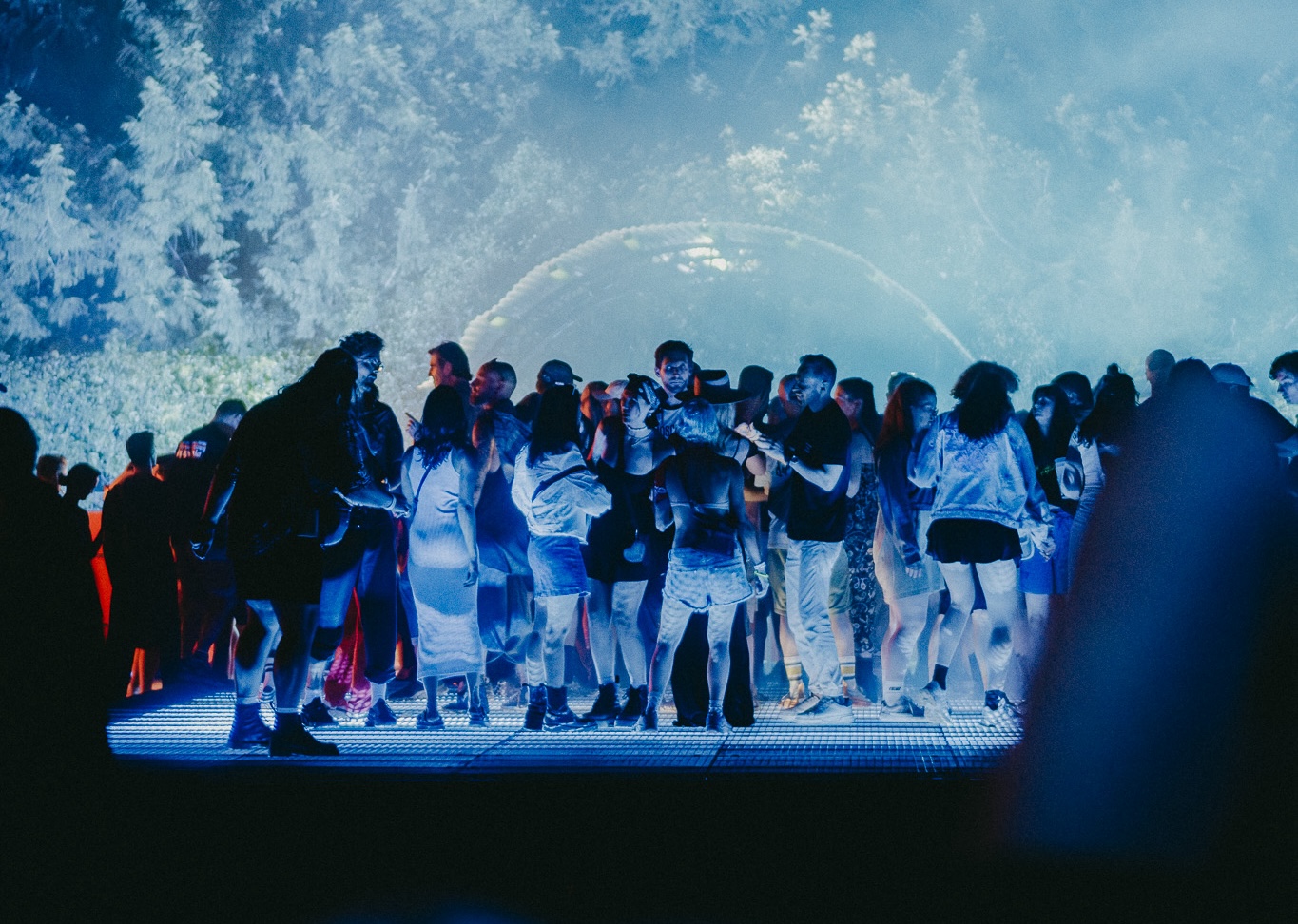Marcel Dettmann: the protector of techno’s original spirit

“Techno is the soundtrack of the future,” Marcel Dettmann once remarked, capturing the essence of his lifelong devotion to electronic music. As one of the founding residents of Berghain’s predecessor OstGut in 1999, and since Berghain itself, Dettmann has helped shape what many consider the world’s most influential techno temple. Beyond playing records, he is a curator, label owner, producer, and sound architect whose work spans club floors, art installations, and film soundtracks. Now, more than three decades into his career, Dettmann has found his place in a new era, defined by surprising B2B sets, ongoing residencies, and a desire to push his sound philosophy to new generations.
In this article, we explore the life and legacy of Marcel Dettmann, ahead of his highly anticipated DJ set at Paradies Garten’s Castle Stage on Sunday August 3. Whether you’re new to his uncompromising attitude or a longtime admirer, this short portrait illuminates why Dettmann is – and remains – a cornerstone of contemporary techno.
Pictures by Timothy Schaumburg
Selling records from the bedroom.
Marcel Dettmann was born in 1977 in Pößneck, a small town in the former East German state of Thuringia. He grew up in Fürstenwalde, a quiet village of lakes and forests about 45 minutes east of Berlin. While his peers revelled in mainstream pop, Dettmann found solace in the darker, more introspective sounds of new wave, post-punk, EBM, and industrial music. Bands like Depeche Mode, The Cure, and Front 242 provided the emotional soundtrack for his adolescence. “I was a young boy in love with all the typical teenage angst, and they articulated exactly what I felt,” Dettmann recalls.
His first encounter with techno came in the winter of 1993, when he was fifteen. A friend took him to Tresor, then housed in a derelict power plant on the outskirts of a still-impoverished East Berlin after reunification. There, amid the raw concrete walls and thunderous Funktion-One sound system, he heard the mechanical pulse of Detroit and Chicago techno—artists like Underground Resistance, Jeff Mills, and Planetary Assault Systems. That night ignited a passion that would define his life.
Back in Fürstenwalde, with no local shop stocking techno vinyl, Dettmann began importing records—and selling them from his bedroom—to friends and fellow enthusiasts. Between 1995 and 1998, he ran a modest mail-order service, cementing his reputation and personal collection. This DIY spirit mirrored the self-reliance he had learned as a youth: qualities that would later serve him behind the decks and in the studio.
Berlin calling: onto bigger things.
In 1999, shortly after a series of self-organized parties, Dettmann was invited to become a resident DJ at OstGut, the club that would later become Berghain. This marked his formal entry into Berlin’s underground elite. A job offer from the seminal record shop Hard Wax soon followed, prompting his permanent move to the city. From 2002 to 2012, he worked alongside techno luminaries - T++ (Torsten Pröfrock), DJ Pete, Shed, Cassy - and rubbed shoulders with visiting pioneers like Carl Craig and Jeff Mills.
Despite years of DJing, Dettmann did not release his own music until 2006, when OstGut Ton issued his two-track EP Quicksand / Getaway. He was already twenty-nine. The EP’s stripped-down, hard-edged aesthetic- heavy on looped drums and minimal synthesis became the blueprint for his style. Collaborations with fellow resident Ben Klock (the Dawning / Dead Man Watches The Clock and Scenario EPs) followed soon after, cementing his reputation for raw emotional power and spatial intensity.
Over the next decade, Dettmann curated and contributed to high-profile compilations for fabric, Music Man, DJ Kicks and Dekmantel’s Selectors. He also remixed artists across genres - Junior Boys, Fever Ray, Moderat, Clark, Laibach - demonstrating techno’s versatility and his own broad musical vision.
Do what excites you
“I make music from my gut,” Dettmann explains. He avoids technical showmanship in favour of visceral impact. His production process often involves routing multiple kick drum channels through a single effects chain, reversing loops, and building textures from noise recordings. The result is a sound that is at once reduced and rough, emotional and unpredictable.
Through his imprint MDR (Marcel Dettmann Records) and, since 2019, Bad Manners Records, he has championed emerging talent - Kobosil, Answer Code Request, Wrong Copy - and promoted the idea that techno should be timeless, not trend-driven. As a curator, he insists on authenticity: “Do what excites you, not what fits the charts.” His influence is evident in a generation of producers who balance minimal structures with industrial grit. It also stands in sharp contrast with many other contemporary techno artists, who have chosen a more straightforward path in the studio and the DJ booth.
Pictures by Sven Marquardt
Finding balance beyond the spotlights
In recent years, Dettmann has moved away from centering his practice on individual album cycles, focusing instead on dynamic live performances, label curation, and interdisciplinary projects. His approach emphasizes spontaneity—blending Chicago house grooves, acid techno lines, and dub textures in on-the-spot DJ and live sets—while his A&R work for MDR and Bad Manners Records nurtures fresh talent. This continuous interplay between performance, mentorship, and experimentation highlights Dettmann’s conviction that techno evolves through experience and community rather than static releases.
Despite his undeniable DJ booth swagger, Dettmann is, at heart, a family man. As a father of two children, he partitions his life between the frenetic energy of weekend DJing and quiet weekdays in Berlin’s Prenzlauer Berg. His apartment - designed by Studio Karhard, the same architects behind Berghain - mirrors the club’s minimalist aesthetic: exposed concrete, pragmatic storage, and a dedicated, sound-isolated listening room crammed with thousands of records. “My family gives me strength,” he says. “After a tough night, thinking of them makes everything right.”

He also maintains a separate studio for production, acknowledging that focus is essential: “When my kids are home, I can’t work—I need a space to concentrate.” Yet he refuses to romanticize sacrifice: “I never wanted to be someone who ‘focuses on their job’ to the detriment of everything else.” This balance between personal life and global touring—often hopping offstage at dawn for a flight—defines his modern reality.
The bridge between generations
As techno splinters into micro-genres and festival stages demand ever-faster thrills, Dettmann’s path remains guided by intuition rather than market forces. He occasionally performs live sets - his December 2024 Berghain live debut featured 130 BPM house chords and acid-inflected loops that surprised even veteran clubgoers. Yet he views live performance as an extension, not a replacement, of his DJ identity.
He continues to curate nights that blend industrial, EBM, electro, and techno to A&R for his labels and to mentor younger artists. Though OstGut Ton has long closed and techno has gone through many evolutions, Dettmann stands as a living bridge between the genre’s gritty origins and its expansive future. “I wake up every day thinking about the music I love,” he says. “I ask myself: What do I want to hear again and again? And how can I change it?”
Marcel Dettmann’s journey - from a lakeside village in the GDR to the dark dancefloor of Berghain - embodies techno’s spirit of reinvention. He has remained true to the raw, mechanical heart of the music while embracing warmth, melody, and cross-disciplinary collaboration. As a DJ, producer, label head, and curator, he shapes both sound and scene, ensuring techno’s roots stay alive even as its branches reach toward unforeseen horizons. In Dettmann’s world, the beat never stops - and neither does the search for what comes next.
We are thrilled to have Marcel Dettmann play Paradies Garten for an exclusive DJ set at the Castle Stage on Sunday August 3. We encourage long-time fans and newcomers alike to come and enjoy the ride, wherever he may take us.
Interested in diving deeper into Dettmann's world? Follow the links below:
This article was written with the input and quotes of dozens of other previous publications and interviews. Including this piece by Chloe Lula for Resident Advisor, this interview by Kevin Chow for Friends of Friends and this profile on Trifec. We highly recommend reading these publications for those who want to dive deeper into the life and work of Dettmann. Cover picture by Sven Marquardt - additional pictures by Timothy Schaumburg, Sven Marquardt and Daniel Müller.
















